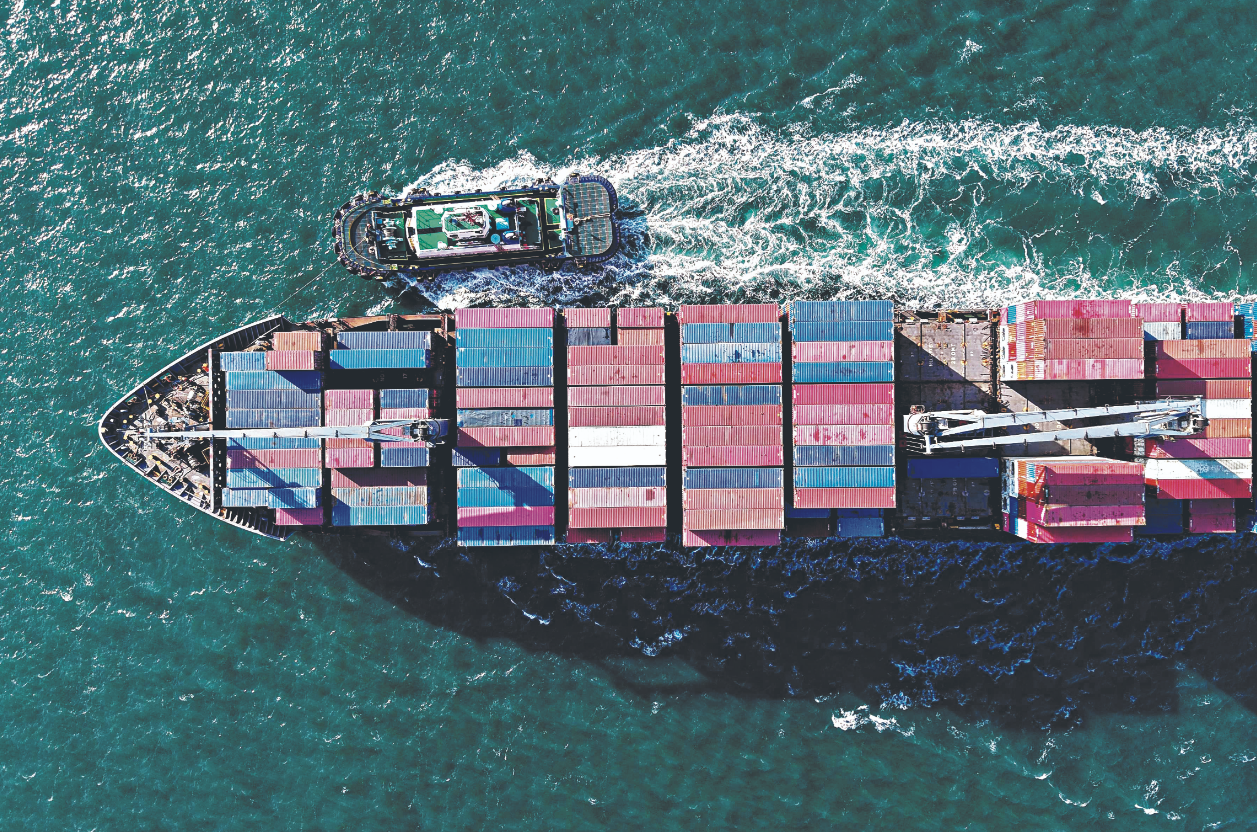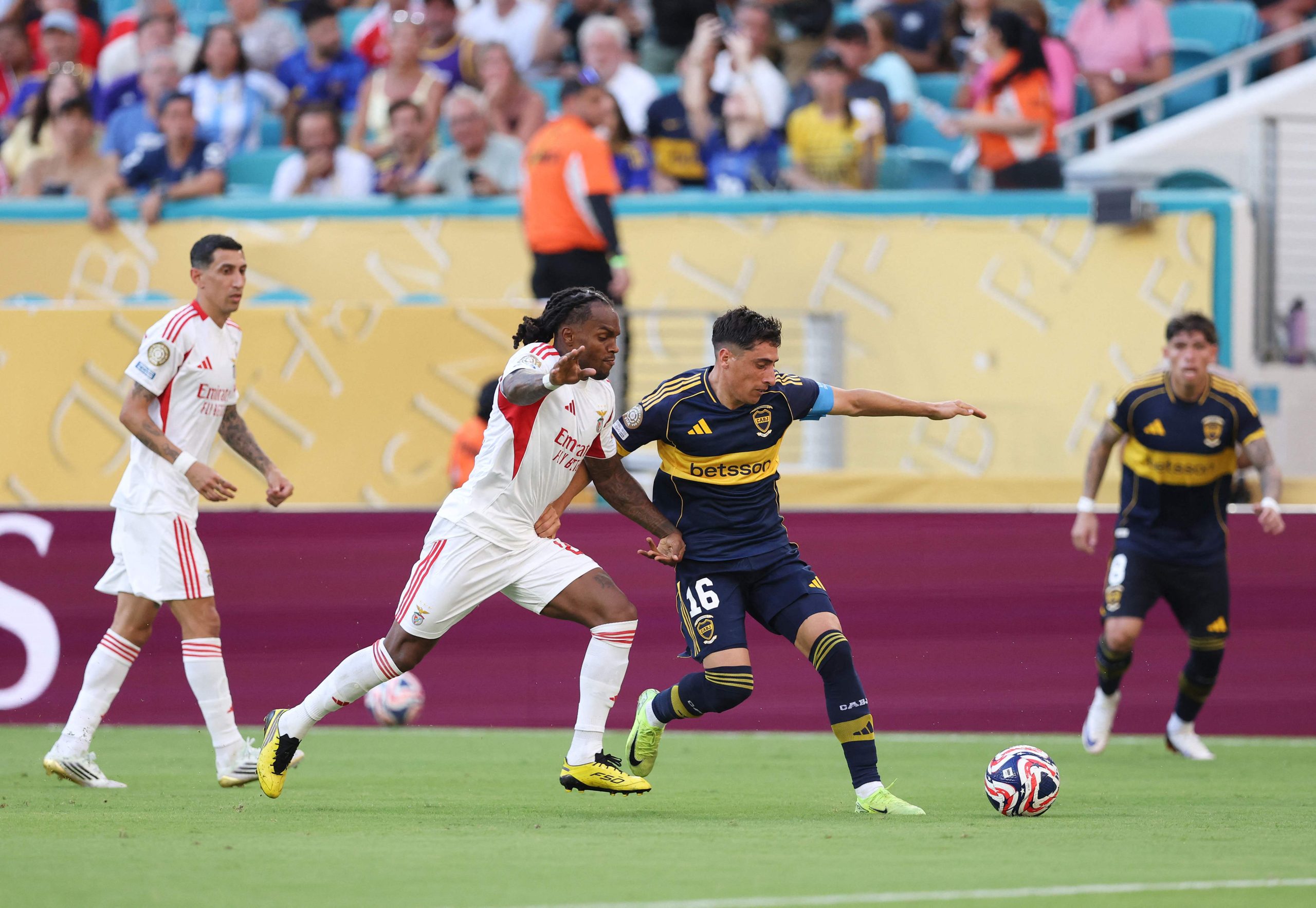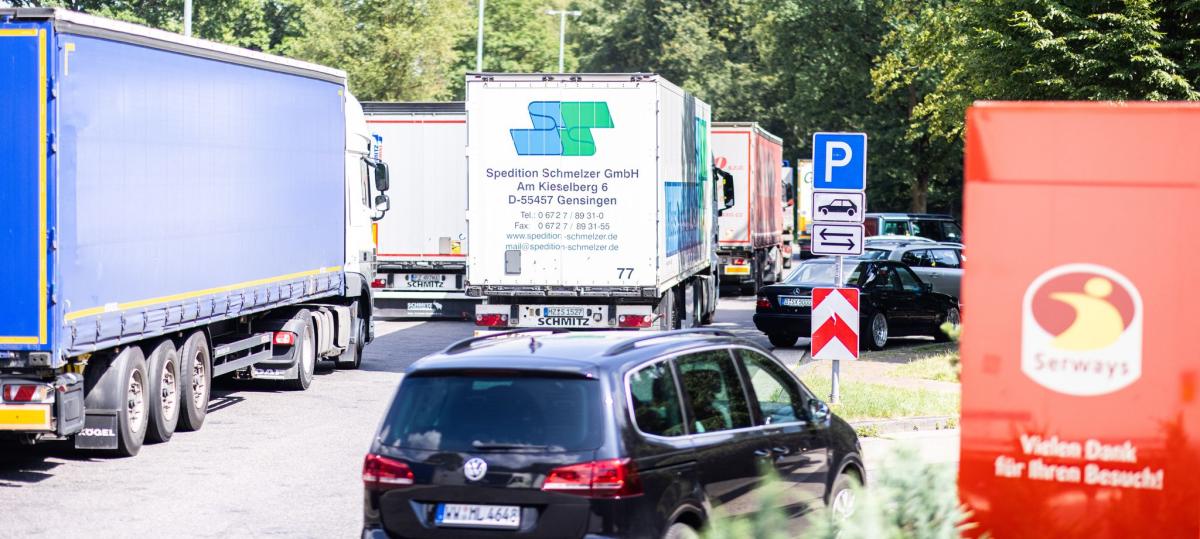USA Tariffs. What the main exporters say

Although the Portuguese economy is mainly dependent on exports to the European Union, Donald Trump’s rates announced impact. This week, Paul Krugman, the economy’s nobleman, considered that Portugal is more exposed than the European Union average. This risk « is related to the various structural characteristics of the Portuguese economy », considers Paulo Monteiro Rosa, economist at Banco Carregosa.
At sunrise, the official recalls that exports outside the community space have a more limited weight, with the US representing about 6.7% of the total. « Although it is not a considerable part in the global context of Portuguese exports, the US is yet the main extracommunity destination, which gives some strategic relevance, especially in sectors such as textile, shoes, cork, wine and automotive components that can be particularly sensitive to tariff changes, » he admits.
However, it acknowledges that Portugal has a more limited response capacity compared to external shocks when compared to larger economies such as Germany or France, « which benefit from a much broader and more robust domestic market, capable of absorbing more easily what is not outdoor », adding « that have a larger tax margin and more effectively to mitigate the impacts of eventual tariffs as a administration as a administration as an administration as an administration Trump’s.
And it draws attention to the warning of Krugman, which pointed to the finger to the slightest diversification of the Portuguese economy. « In tariff application scenarios to specific sectors, such as car or textile, countries with less diverse economies are more vulnerable to significant losses of competitiveness, investment and employment. » At the same time, it highlights the risk associated with Portugal’s strong integration in global value chains, as an increase in tariffs could ‘lead to loss of contracts or production to other countries, ”says Paulo Monteiro Rosa.
Most exposed
Paulo Monteiro Rosa acknowledges that there are sectors more exposed to increasing US commercial tariffs than others, and nods with those with the highest exporting vocation for extracommunity markets, such as the US. One of them concerns textiles and clothing, as well as footwear, « all strongly dependent on exports and integrated into global value chains. »
The Portugal Textile and Clothing Association has warned that these US tariffs will have « a significant impact on business companies ». But by this time it is still difficult to quantify losses. « We are still at an early stage of this process and many uncertainties persist in how the different countries aimed will react to these measures, » he adds, however, « there will be losses to the sector, but at this time it is difficult to accurately quantify their impact. This is a very diverse and complex sector, with levels of dependence on the US market that vary significantly from company to company and product to product.
The same scenario anticipates in cork and wine, considered « Portuguese emblematic products with high demand in the US market, » as the Banco Carregosa economist says. In their view, they are sectors that face « added risks, being able to lose competitiveness, have canceled contracts or moved production to other countries. »
Luís Mira, Secretary-General of the Portuguese Farmers Confederation, reveals that as soon as rumors of the threat of tariffs were emerged, many wine producers anticipated and sent the product to six months of consumption. “This was possible with the most organized companies and those that were able, so the United States were the main Portuguese wine export market in the first quarter of this year. Companies have anticipated because they are in business, they are not sleeping, nor can they because otherwise they lose money, ”he reveals to the sunrise.
Admittedly, the official recognizes that the level of uncertainty remains very high. “We can only draw a measure when we know the impact that tariffs will have and no one can know if the fare is 10, 20 or 30, if it is 90 or 150 days from now. Trump says on a day that it is 200% and the other day is no longer », but it removes the scenario of terms to ‘run’ looking for new markets. «Where are we looking for markets? For Mars? ‘He asks. And remember that « people who sell wine sell worldwide. »
As for the impact you may have, there are also doubts: «A person who buys an expensive wine if it increases 10% will stop buying? I don’t think who buys cheap will not have almost impact either. And remember that operators can carry out certain actions. « If the increase in the fare is 10%, 5%, the producer fits and the other 5%will be embedded by the exporter, » he says.
Frederico Falcão, president of Vini Portugal, says that the US was, in 2024, our second largest market in value, greatly leaning against France that grows because of port wine. According to the official, the US has a market share of 10.78% and, until February, the United States was the main country in value. And despite saying that the US market is importing less, it states that Portugal is gaining ground, hence believing that any rates that come or other barriers that may come, « are naturally very harmful. »
And in the face of scenarios he points out: «Those 200% would be a tragedy, it would be a real tragedy because we would lose the market almost all. The market would not disappear, but almost. 20% was very bad, 10% is not scary, ”he confesses.
Frederico Falcão also notices that everything that is said about tariffs has to be very cautious, since nothing is right yet. «At this moment, apparently, we have some stability. We have a 10% rate and with a 90 -day suspension for negotiation with the European Union. And states that “the vast majority of orders were unlocked, the wines are already on their way to the United States, some have already arrived there. Things are walking, everything is unlocked and there is a real rate of 10%.
Asked if they have had any contact from the Portuguese government, Frederico Falcão is pereny: « zero ». At least with regard to the Ministry of Agriculture. From the Ministry of Economy there was a contact, as it called several associations. « He heard us, but information from there about what they will do we don’t know anything. »
Few optimistic entrepreneurs
The data is not encouraging. According to the latest numbers of the inquiry carried out by the Portugal Business Association (AEP), almost half (46%) of companies admit that they will feel direct negative effects on their business with the American giant and more than half (54%) say that indirect effects will be significant or very significant for their commercial activity. Another interesting indicator concerns price and cost adjustments, where only 18% of respondents think it is a strategy to adopt, contrary to the diversification/ redirect of markets, which is viewed as the way to mitigate the effects of tariff increases by 46% of companies.
Sight
Paulo Monteiro Rosa recalls that Krugman drew attention to the fact that Portugal belongs to the European Union representing « a security network », since it understands « that the bloc acts jointly in the face of protectionism, capable of negotiating, reacting and supporting the most affected countries and sectors ». Still, Banco Carregosa economist states that « although Portugal benefits from European framework, it is relatively more exposed to commercial shocks than the average of the Union countries, which justifies special attention to the trends of international trade and protectionist dynamics. »






